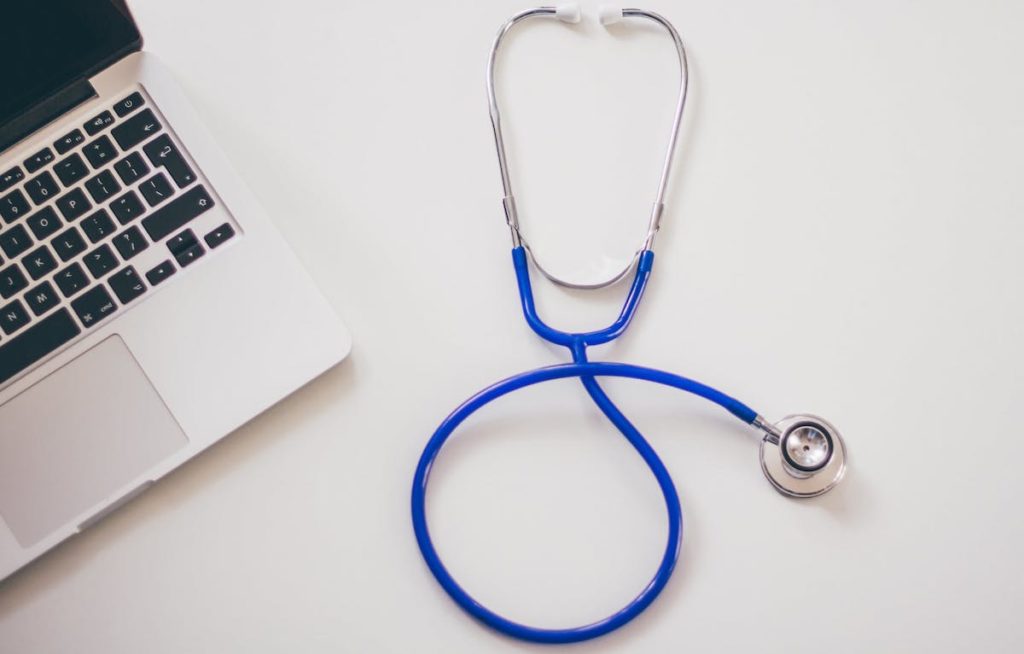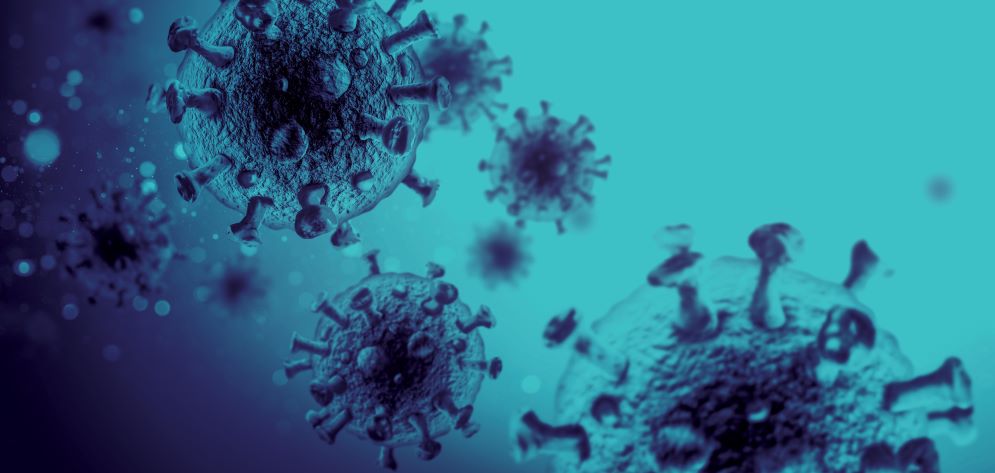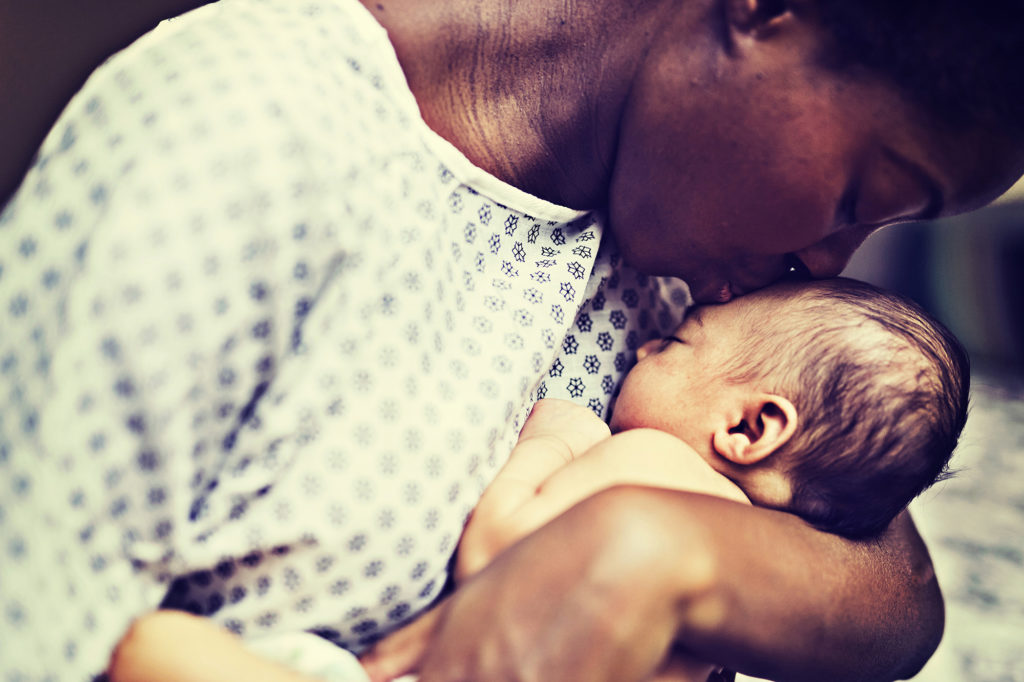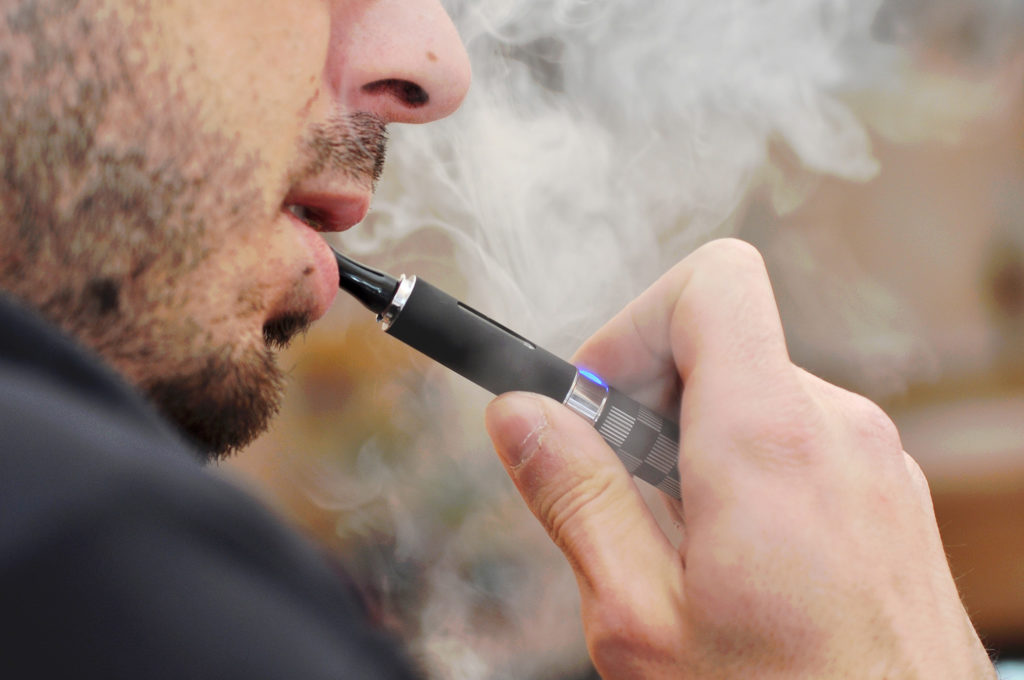Expert
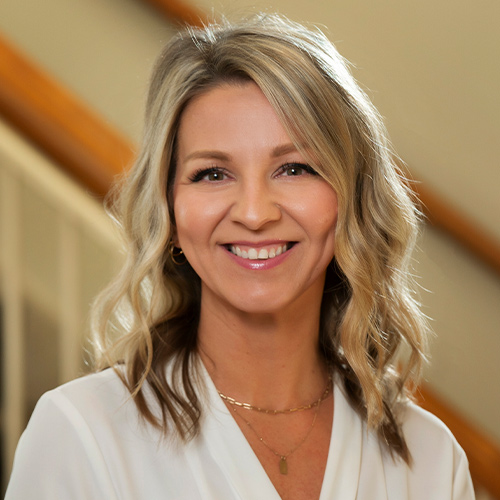
Jessica Stultz
Actions
Type
Topic
- Quality and Safety
Tags
The Quality & Safety Update provides health care professionals with up-to-date information on current quality improvement projects, resources and quality reporting. The newsletter also highlights announcements and upcoming events that could benefit your organization.
COVID-19 Update
For COVID-19 Updates, please visit the MHA COVID-19 web page.
To receive regular COVID-19 updates from MHA in your inbox, fill out the online form.
MHA Awards
MHA is offering two prestigious awards to recognize the sustained improvements of its member hospitals — the Aim for Excellence Award and the Visionary Leadership Award. Both awards will be presented during MHA’s Annual Convention in November.
2021 Aim for Excellence Award
The Aim for Excellence Award identifies and honors Missouri hospitals’ innovation and outcomes. This year, the award will recognize member organization-based projects that addressed a specific COVID-19 challenge.
Application Deadline: 5 p.m. Friday, April 30
2021 Visionary Leadership Award
The Visionary Leadership Award recognizes outstanding achievements in clinical and health outcomes by a hospital or health system chief executive. When completing the nomination, consider the nominee’s role and accomplishments that extend beyond the hospital.
Nomination Deadline: 5 p.m. Friday, May 7
Maternal-Child Health
AIM Severe Hypertension in Pregnancy Collaborative Update
As of Jan. 1, the AIM Severe Hypertension in Pregnancy Collaborative entered its sustainability phase. During this phase of the collaborative, teams will be focused on ensuring elements implemented during the last year are hard-wired into practice, and there is no deviation from practice. Teams will continue to track and report timely treatment of medication administration for severe range hypertension for pregnant and postpartum patients. Additionally, teams will have coaching calls with MHA staff to check in on sustainability efforts, as well as problem-solve for opportunities that have been identified in the sustainability phase.
The fourth quarter survey was completed from Jan. 18-29, and was based upon data collected from Oct. 1, 2020, to Dec. 31, 2020. Key findings included the following.
- Provider education on severe hypertension and the unit-based protocol increased from 49% to 92% from Q1 to Q4.
- Nursing education on severe hypertension and the unit-based protocol increased from 76% to 94% from Q1 to Q4.
- An average of 77% of birthing-track teams reported being able to schedule follow-up appointments within 7-14 days of discharge with patients who had a diagnosis of hypertension, preeclampsia or eclampsia.
- An average of 90% of provider-track teams reported patients with a diagnosis of hypertension, preeclampsia or eclampsia adhered to their follow-up appointment 7-14 days after discharge.
Missouri NAS Collaborative Update
The Missouri Neonatal Abstinence Syndrome Collaborative launched on Nov. 5, 2020. The goals of the collaborative are fourfold and include the following.
- Increase capacity and capability of Missouri nursery locations to provide nonpharmacologic support of infants with in-utero exposure to substance use.
- Use evidence-based, nonpharmacologic treatment to support the infant, ideally through the Eat, Sleep, Console model, to foster an environment that promotes mother-infant attachment and health outcomes.
- Collaborate to develop Safe Plans of Care for both the infant and the mother.
- Identify psychosocial and addiction recovery services locally and ensure transitions of care occur.
- Monitor and report identified data metrics toward performance improvement.
Throughout Missouri, 17 organizations have joined to be part of this collaborative. Throughout the next two years, participating organizations will focus on developing improvements in care related to the care of substance-exposed newborns, including keeping the mother-infant dyad intact; incorporating the functional assessment model Eat, Sleep, Console into practice; and establishing Safe Plans of Care of the mother and the infant. Teams will utilize an evidence-based implementation guide as the framework for their work.
Additionally, MHA and the University of Missouri’s Telehealth Network created a Mothers, Infants & NAS ECHO to enhance the didactic and learning components of the collaborative. The ECHO will support teams and providers to improve outcomes for the mother-infant dyad affected by substance use disorder, especially opioids.
Opioid Use Disorder
HRSA Releases Toolkit On Caring For Women With OUD
The Health Resources and Services Administration Office of Women’s Health recently released a toolkit, “Caring for Women with Opioid Use Disorder: A Toolkit for Organization Leaders and Providers,” which provides resources and information to help strengthen services and care for women with opioid use disorders. The toolkit is organized into three major topics, including shifting the culture around addiction and treatment, engaging women with OUD in care, and creating and maintaining partnerships that support care coordination for women with OUD. Each section includes tools that organization leaders and providers can use to improve the delivery of coordinated care. Additional resources also are available at the end of the toolkit.
FLEX MBQIP Updates
MHA Recognizes Top Performing CAHs
While emergency care is important in all hospitals, the emergency department particularly is important in critical access hospitals where the distance to urban tertiary care centers makes the effective triage, stabilization and transfer of patients an area of focus. ED transfer communication measures allow CAHs to show how well they carry out their important stabilize-and-transfer role for rural residents. This measure is required of hospitals participating in the FLEX MBQIP program in Missouri and throughout the nation.
As of the fourth quarter of 2020, the following CAHs achieved 100% compliance in the ALL EDTC composite score, putting them in the top performers’ list of CAHs in Missouri and the nation.
- Carroll County Memorial Hospital
- Cox Barton County
- Cox-Monett Hospital
- Ellett Memorial Hospital
- Harrison County Community Hospital
- Hedrick Medical Center
- Hermann Area District Hospital
- Iron County Hospital
- Lafayette Regional Health Center
- Madison Medical Center
- Mercy St. Francis Hospital
- Mosaic Medical Center – Albany
- Perry County Memorial Hospital
- Putnam County Memorial Hospital
Announcements
MoAHQ Update
Welcome to 2021 fellow quality professionals! In a matter of a couple months, our state bore witness to several monumental changes that will impact how we see, feel and experience health care for both present and future. The COVID-19 vaccine has become available to the populations we serve and gives us all hope for a beginning to an end of a modern health care crisis. The election of a new president brings the distinct possibility of health care reform and regulatory changes that will influence how we deliver health care. These changes represent a morsel of the many opportunities and challenges that we will face this year. To navigate a tumultuous health care landscape, we as health care professionals now, more than ever, must lean on one other to network, learn from past experiences and celebrate those proud moments when we have truly made a difference in our communities.
One of the goals of MoAHQ is to serve as a professional group to connect people with common interests and develop programming to instill value for our many members. That said, our board elected to offer an opportunity, without charge, to health care professionals and students who are interested in quality, and would like to learn about MoAHQ and experience a sample of what we offer. We would like to invite you, current member or not, to participate in our next MoAHQ full membership Zoom meeting at 10 a.m. Friday, March 12. To our existing members, invite a buddy to attend with you. In addition to engaging with our members, we will hear presentations from two of the authors who presented poster projects at the 2020 MHA Convention. We have a slate of these presentations to be delivered throughout the year. Participants can access the meeting online.
Our MoAHQ leadership board has several member offerings in the works for 2021! Be sure not to miss out. We urge you to become a member today. As a reminder for existing members, your 2021 dues are due as soon as possible. If you have questions, please do not hesitate to contact myself or Jessica Stultz, MHA Liaison. For additional information, visit www.MoAHQ.org.
We truly look forward to serving with you in 2021! Here is to a prosperous year filled with success, improvements in health care delivery and many lasting memories!
Hirshell Parker, BSN, R.N., LSSGB
MoAHQ President
Director of Quality and Risk Management
Ste. Genevieve County Memorial Hospital
MHA Today
- 12/9: Missouri Neonatal Abstinence Syndrome Collaborative Launches
- 1/8: TJC And CMS Release eCQM On-Demand Educational Videos
- 2/10: CMS Extends 3Q2020 HCAHPS and eCQM Submission Deadlines
- 2/10: TJC Invites Public Comment For eCQM 2022 Updates
- 2/12: TJC Offers On-Demand Pioneers In Quality Webinars
- 2/15: CMS Updates HQR Known Issues Document
Resources
COVID-19 ECHO
In partnership with the Missouri Department of Health and Senior Services and MHA, the COVID-19 ECHO provides up-to-date information and support for health care stakeholders throughout Missouri. A multidisciplinary expert team led by Randall Williams, M.D., the department’s director, shares the latest developments, answers questions and discusses management of patient cases presented by participants. The COVID-19 ECHO meets via Zoom videoconferencing every Monday from noon to 1 p.m. Additional information, including previously recorded sessions, is available online.
Managing Hospitals and Patients in a Pandemic ECHO
This is a COVID-19 ECHO with a more clinical and operational focus to assist hospitals with having the resources and knowledge base to care for COVID-19 patients at their facilities. This ECHO meets the first and third Tuesday of the month at 4 p.m. Through free online continuing education, case-based learning and interactive discussion with experts from a variety of fields, participants will learn the following.
- Skills pertinent to caring for patients with moderate to severe COVID-19 infection, including patients who might normally be transferred to larger facilities due to the severity of illness.
- How to manage patient care by allowing providers to work at the top of their skill sets, and by reconfiguring the structure of care, including innovations in staffing patterns.
- How to adapt oxygen delivery devices to suit individual patient needs, including the administration of heated high-flow nasal oxygen.
- Best practices for antiviral agents and host response modifying agents for patients with severe COVID-19.
- Tools and techniques for transitioning patients to home or another appropriate facility at the correct time and with the correct supports.
- Optimal methods for outpatient management, especially monoclonal antibody treatment prioritization and implementation.
Additional information and registration is available online.
Upcoming Virtual Events
MOAHQ Full-Access Meeting
March 12 | 10 a.m. | Register
11th Annual Behavioral Health Summit: Preparing for a New Future — Virtual Event
April 22-23 | Learn more
On-Demand Education
The MHA Health Institute offers cost-effective learning opportunities to both members and nonmembers to help them understand and address emerging issues, learn and share best practices, and comply with legal and regulatory requirements. Learn more.









